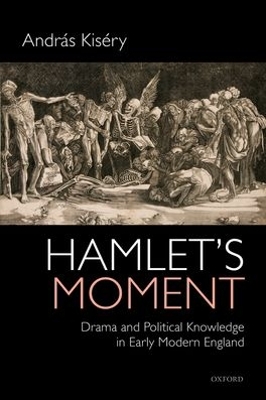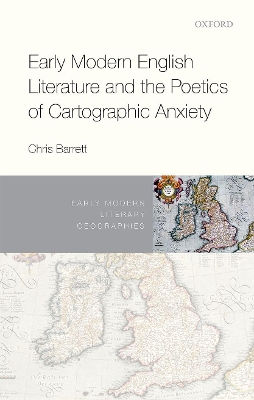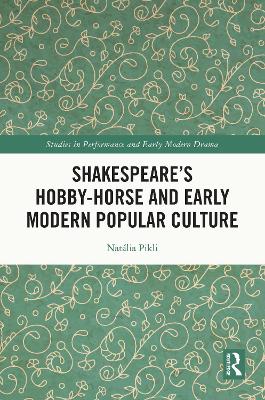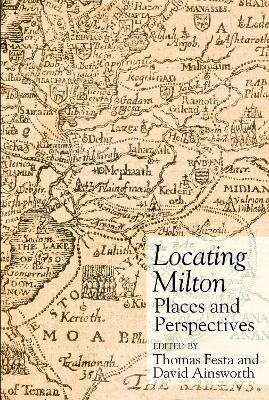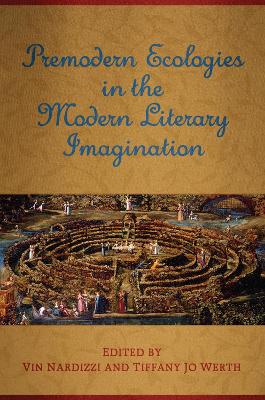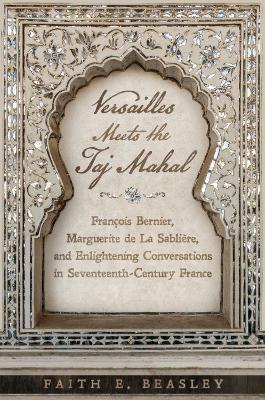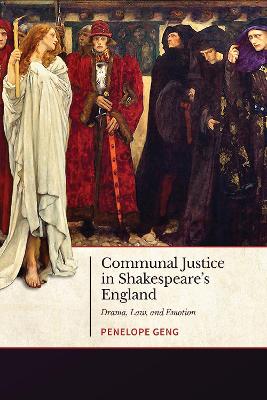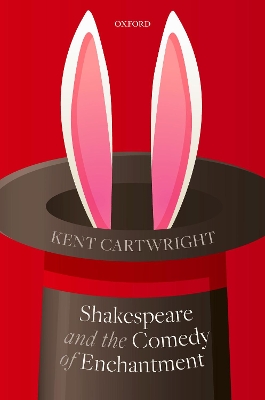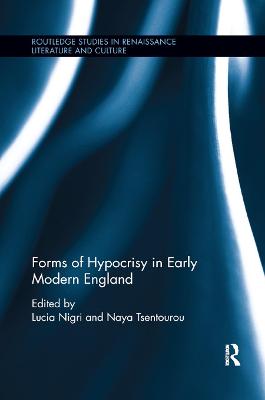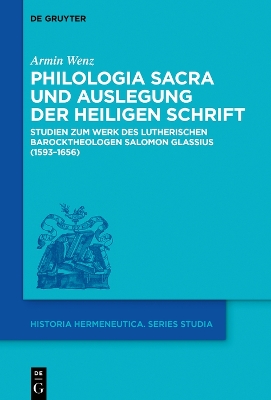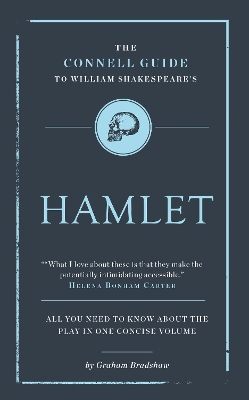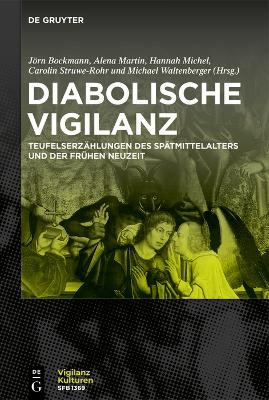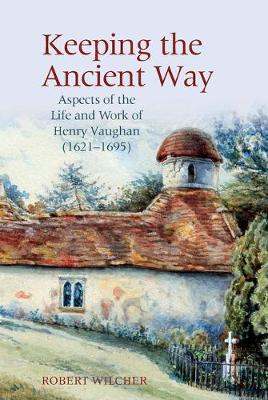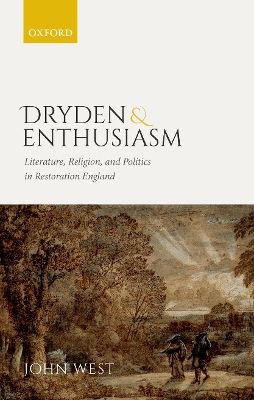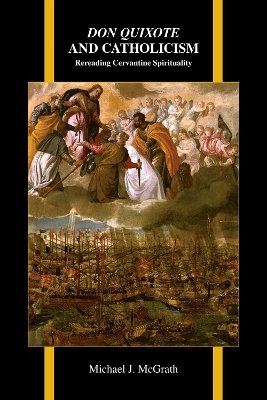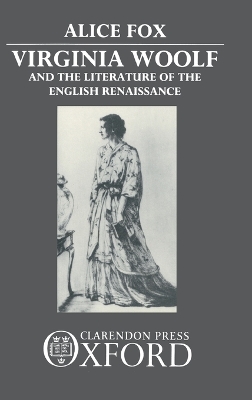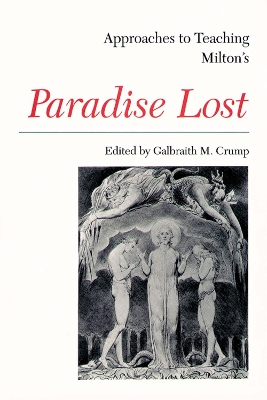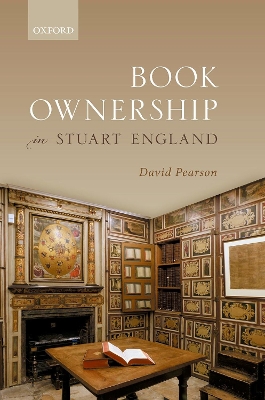Hamlet's Moment identifies a turning point in the history of English drama and early modern political culture: the moment when the business of politics became a matter of dramatic representation. Drama turned from open, military conflict to diplomacy and court policy, from the public contestation of power to the technologies of government. Tragedies of state turned into tragedies of state servants, inviting the public to consider politics as a profession and to imagine what it meant to have a po...
The Cartographic Revolution in the Renaissance made maps newly precise, newly affordable, and newly ubiquitous. In sixteenth-century Britain, cartographic materials went from rarity to household decor within a single lifetime, and they delighted, inspired, and fascinated people across the socioeconomic spectrum. At the same time, they also unsettled, upset, disturbed, and sometimes angered their early modern readers. Early Modern English Literature and the Poetics of Cartographic Anxiety is the...
Shakespeare’s Hobby-Horse and Early Modern Popular Culture (Studies in Performance and Early Modern Drama)
by Natalia Pikli
This book explores the ways in which the early modern hobby-horse featured in different productions of popular culture between the 1580s and 1630s. Natália Pikli approaches this study with a thorough and interdisciplinary examination of hobby-horse references, with commentary on the polysemous uses of the word, offers an informative background to reconsider well-known texts by Shakespeare and others, and provides an overview on the workings of cultural memory regarding popular culture in early...
Die Andere Kreativitat (Beihefte Zum Euphorion, #113)
by Angela Sanmann
Locating Milton (Clemson University Press)
Premodern Ecologies in the Modern Literary Imagination
Premodern Ecologies in the Modern Literary Imagination explores how the cognitive and physical landscapes in which scholars conduct research, write, and teach have shaped their understandings of medieval and Renaissance English literary "oecologies." The collection strives to practice what Ursula K. Heise calls "eco-cosmopolitanism," a method that imagines forms of local environmentalism as a defense against the interventions of open-market global networks. It also expands the idea's possibil...
Versailles Meets the Taj Mahal identifies and explores the traces that exposure to India left on the cultural artifacts and mindset of France's "Great Century" and the early Enlightenment. Focusing on the salon of Marguerite de La Sabliere and its encounter with the traveler and philosopher Francois Bernier, this book resurrects the conversations about India inspired by Bernier's travels and inscribed in his influential texts produced in collaboration with La Sabliere's salon. The literary works...
The sixteenth century was a turning point for both law and drama. Relentless professionalization of the common law set off a cascade of lawyerly self-fashioning – resulting in blunt attacks on lay judgment. English playwrights, including Shakespeare, resisted the forces of legal professionalization by casting legal expertise as a detriment to moral feeling. They celebrated the ability of individuals, guided by conscience and working alongside members of their community, to restore justice. Playw...
Shakespeare and the Comedy of Enchantment argues that enchantment constitutes a key emotional and intellectual dimension of Shakespeare's comedies. It thus makes a new claim about the rejuvenating value of comedy for individuals and society. Shakespeare's comedies orchestrate ongoing encounters between the rational and the mysterious, between doubt and fascination, with feelings moved by elements of enchantment that also seem a little ridiculous. In such a drama, lines of causality become comple...
Forms of Hypocrisy in Early Modern England (Routledge Studies in Renaissance Literature and Culture)
This collection examines the widespread phenomenon of hypocrisy in literary, theological, political, and social circles in England during the years after the Reformation and up to the Restoration. Bringing together current critical work on early modern subjectivity, performance, print history, and private and public identities and space, the collection provides readers with a way into the complexity of the term, by offering an overview of different forms of hypocrisy, including educational pract...
Philologia Sacra Und Auslegung Der Heiligen Schrift (Historia Hermeneutica. Series Studia, #20)
by Armin Wenz
Keeping the Ancient Way (English Association Monographs: English at the Interface, #7)
by Robert Wilcher
Written by one of the editors of the new complete works of Henry Vaughan, Keeping the Ancient Way is the first book-length study of the poet by a single author for twenty years. It deals with a number of key topics that are central to the understanding and appreciation of this major seventeenth-century writer. These include his debt to the hermetic philosophy espoused by his twin brother (the alchemist, Thomas Vaughan); his royalist allegiance in the Civil War; his loyalty to the outlawed Church...
In Dryden's writing, enthusiasm is a source of literary authority. It signals divinely inspired literary creativity. It is central to Dryden's theoretical defences of the relationship between literature and the passions. It is also crucial to his poetic practice in a variety of genres, from odes to religious poems to translations. Enthusiasm, for Dryden, ultimately enables literature to break into regions of knowledge beyond rational human comprehension. Yet after the rise of radical sectarianis...
Don Quixote and Catholicism (Purdue Studies in Romance Literatures)
by Michael McGrath
Four hundred years since its publication, Miguel de Cervantes's Don Quixote continues to inspire and to challenge its readers. The universal and timeless appeal of the novel, however, has distanced its hero from its author and its author from his own life and the time in which he lived. The discussion of the novel's Catholic identity, therefore, is based on a reading that returns Cervantes's hero to Cervantes's text and Cervantes to the events that most shaped his life. The authors and texts McG...
This book examines the profound effect, on a major critic and novelist of the twentieth century, of the period of English literature's greatest glory, the Renaissance. Beginning in the sixteenth century with the poems and plays of Shakespeare and his contemporaries, and with prose writings such as Hakluyt's Voyages, and continuing through the great lyric poets of the seventeenth century, the Renaissance influenced every aspect of Virginia Woolf's work. All her available writing - letters, diarie...
Approaches to Teaching Milton's Paradise Lost
Now at seventy-three volumes, this popular MLA series (ISSN 10591133) addresses a broad range of literary texts. Each volume surveys teaching aids and critical material and brings together essays that apply a variety of perspectives to teaching the text. Upper-level undergraduate and graduate students, student teachers, education specialists, and teachers in all humanities disciplines will find these volumes particularly helpful.
Book Ownership in Stuart England (Lyell Lectures in Bibliography)
by David Pearson
This volume provides a wide-ranging account of the development and importance of private libraries and book ownership through the seventeenth century, based upon many kinds of evidence, including examination of thousands of books, and a list of over 1,300 known owners from diverse backgrounds. It considers questions of evolution, contents and size, and motives for book ownership, during a century when growing markets for both new and second-hand books meant that books would be found, in varying...
Heroisme Feminin Et Femmes Illustres (Masculin/Feminin Dans L'Europe Moderne, #9)
